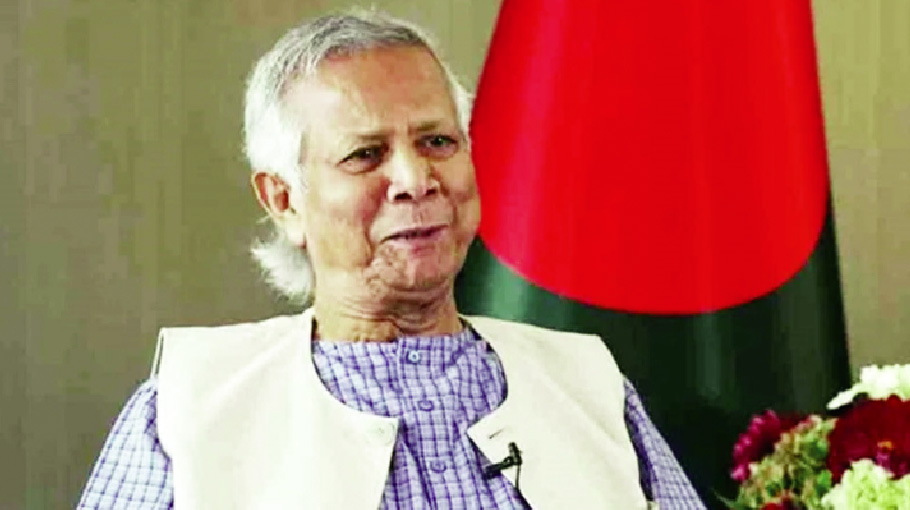No decision on interim govt’s tenure yet
Yunus tells VOA

Chief Adviser Dr Muhammad Yunus of the interim government announced that no decision has been made regarding the tenure of the interim government or the timing of the next election.
In an exclusive interview with Voice of America (VOA) Bangla, following his speech at the United Nations General Assembly on September 27, Yunus stated, “The government will have to decide when to determine its tenure. Until they announce it, there is no defined period for the government.”
This interview, published on September 30, followed significant political turmoil in Bangladesh. On August 5, former Prime Minister Sheikh Hasina resigned and fled to India amid a student-led uprising. Dr Yunus assumed leadership of the interim government on August 8, during a time of heightened tensions between Bangladesh and India.
Regarding the potential extradition of Sheikh Hasina, Dr Yunus emphasized that this matter is legal and would be pursued through appropriate channels. He highlighted the importance of maintaining close relations between Bangladesh and India, despite occasional tensions, particularly incidents at the border leading to civilian casualties.
Dr Yunus acknowledged the role of student representatives in the interim government, noting that young people are increasingly taking charge in various sectors. When asked if students should run the country, he replied, “It should be run by them. They are the ones shaping their future.”
The interim government's decision to grant military officers magisterial powers to restore order has drawn criticism. Dr Yunus defended this move, stating it was necessary due to the police's weakened morale after their role in suppressing the uprising. Despite deploying the Ansar force, law and order remained challenging, prompting military intervention for two months.
BNP Secretary General Mirza Fakhrul Islam Alamgir criticised the decision, arguing that such authority should only be granted in extreme constitutional violations, which he claimed had not occurred. He warned that this could create more problems than it solves.
Dr Yunus assured that those responsible for killings during the uprising would be held accountable. “Justice will be served wherever a crime was committed. We cannot have justice for some and not for others,” he stated.
He also addressed instability in the Chittagong Hill Tracts, expressing the government's commitment to peace and acknowledging that some issues are beyond immediate control. Any unrest, he assured, would be managed responsibly.
On the Rohingya crisis, Yunus reiterated Bangladesh's commitment to international law regarding refugees. “We cannot close our doors when people seek refuge from life-threatening circumstances,” he said, noting that this issue is being discussed in various international forums, including the United Nations.
Dr Yunus criticised the previous government for damaging institutions and stated that the current administration is working to rebuild the nation through various commissions, including one focused on constitutional reforms. He concluded that the interim government's goal is to implement necessary reforms and eventually hand over power to an elected government.





